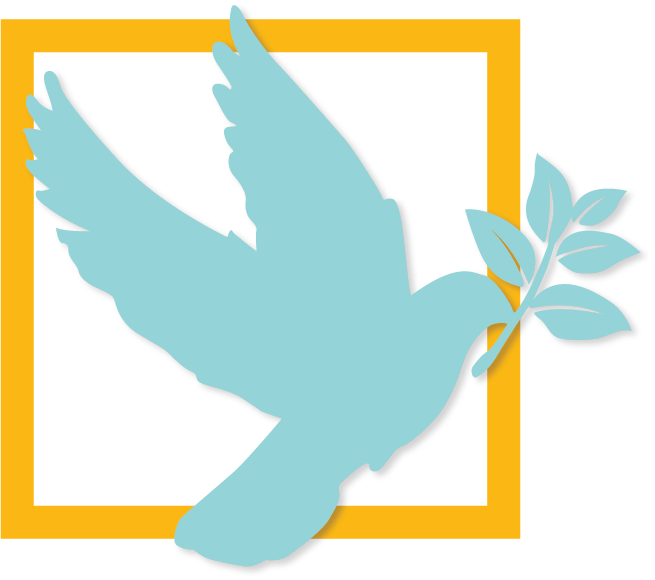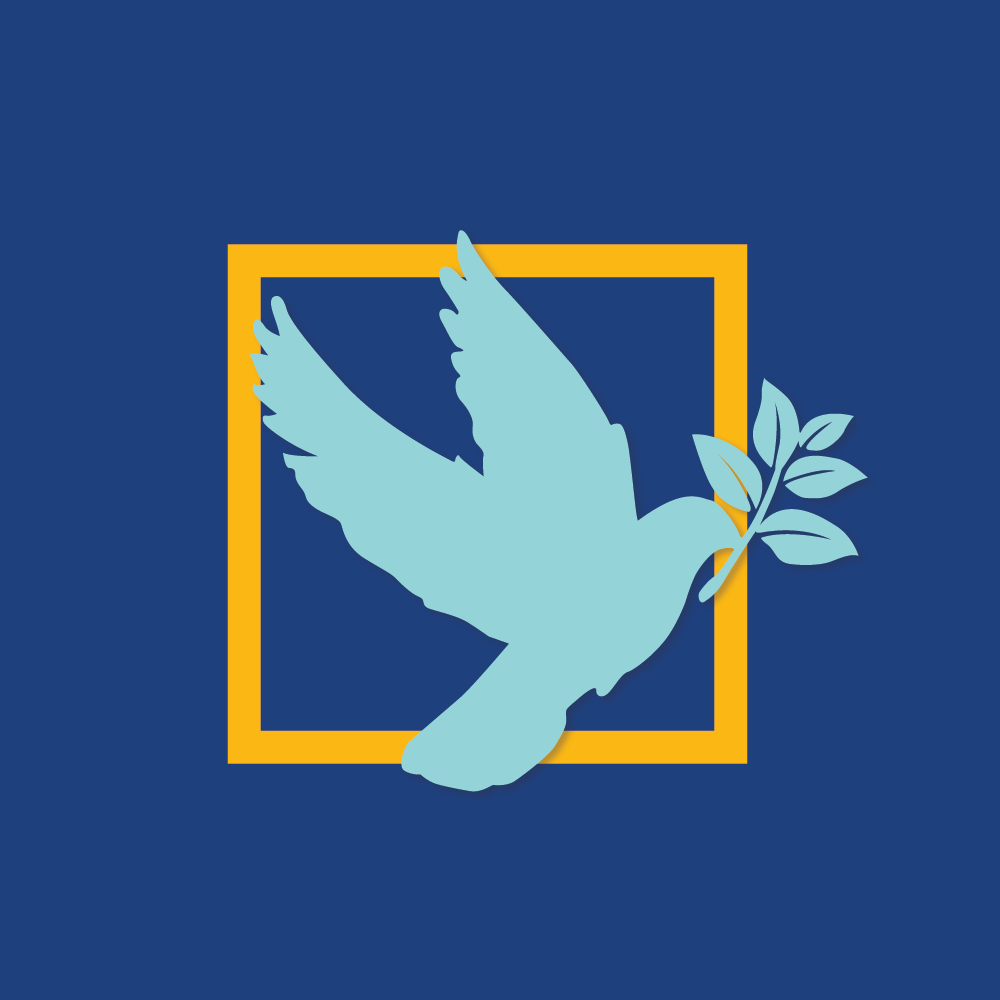The Corporal Who Planted Trees
Sometimes, he would hum to himself, a soft song drifting through the air:
"Clothe yourself in simple threads, and bring my heart to ease."
It was a tune he liked, calm and gentle, a small comfort amid the harshness he had known.
He loved simple joys. “I’m passionate about planting trees,” he said one afternoon, gesturing toward the young jackfruit saplings in his care. “Back in Myanmar, I even liked construction work. Doing these things… it made me feel at peace.”
He spoke with quiet conviction, a man who had faced fear and danger and carried on regardless.
Brave Seeds
“Freedom and justice. If you have to live in fear of something, then it isn’t true freedom.”
“I have a habit,” he once confessed. “When I decide to do something, thinking it’s the best for me, there will be sacrifices, there will be difficulties. There will even be suffering. But I don’t count any of that.”
He was a man who had already given half of his life to the military—Corporal Htun Han, Air 27937, stationed at the Aircraft Production and Maintenance Headquarters in Mingaladon. He joined around 2003, long before social media or open dissent, when truth was still hidden behind parades and propaganda.
“Back then, I didn’t really see through their masks,” he said. “Only after Facebook came along did I begin to learn our real history. When elections came, I never voted for them. I even encouraged my friends to vote for the NLD.”
When the coup came, he made his choice quickly and quietly.
He sought advice from only a few. Then he moved.
“At 4 a.m., I escaped. Jumped the fence and got out.”
A motorbike passed by, the rider asking, ‘Where are you going?’
“I said Sawbwar Gyi Kone. He said, ‘Hop on, I’m heading that way too.’ He sped off, with no lights on. I told him to slow down—not because I feared dying, but because I feared ending up back there.”
That morning, he hid all day and sent his message:
‘I’ve joined the CDM. Don’t come looking for me.’
He knew the price: frozen bank accounts, lost pension, exile. But as he said, “I didn’t count any of that.”
He found his way to the jungle and began anew—training a group from Yangon, mostly Gen Z, about forty or fifty of them. He helped raise funds, supported their building needs, and when they had to move, he asked who would come along.
“Four said they would follow. So, five of us set off together.”
They arrived as the Galon Battalion was being formed. He became a training officer—then adjutant, then staff officer—always responsible for discipline, administration, and the welfare of his comrades.
“Even when battles were happening at the front line,” he said, “the back station was just as important. I organized administration, planned for emergencies, and cared for those behind the lines.”
He stayed there two or three years.
“Of the five who came with me,” he said softly, “two died. It was painful. I even thought—why don’t you wait for me and go first?”
Another young comrade drowned. He bowed his head as he remembered. “That too was deeply painful.”
When asked what democracy meant to him, he paused before answering:
“Freedom and justice. If you have to live in fear of something, then it isn’t true freedom.”
He continued to serve—though now as a farmer, not a soldier. “For now, I farm and raise chickens,” he said. “I care for the old trees—jackfruit, mango—and plan to raise fish in the pond.”
He described the land he settled on: thick with weeds, vines, and wild shrubs. It took days of hard labor to clear, using hoes and hand tools. The heat was unbearable; sometimes crops failed, and when fruits finally came, market prices dropped.
“But all that work is behind me now,” he said, his eyes glinting with peace. “I’ve settled here. Up there, I feel satisfied—with my own efforts, my own achievements.”
He gave small donations to injured comrades, five or ten at a time—one thousand kyats each.
“Most here share my heart,” he said. “My decision is unshakable. I will endure, I will survive, I will prevail.”
Since joining the CDM, he had changed. The quick temper, the bursts of anger—they had faded away.
“In the morning,” he told me, “I check the trees I planted. When I see them blooming and bearing fruit, I feel peace in my heart.”
He still missed his two children. “When it rains, or when there’s no work, they come to mind,” he said. “I want them to be honest, live simply and sincerely. That’s my only wish.”
As the sun set beyond the green ridges, he looked out over his small farm—the trees, the pond, the soft hum of life—and said, almost to himself:
“I’ve found freedom here. A simple peace.”
Then, with the same calm certainty that had carried him through battles, jungles, and loss, he added:
“I truly believe the revolution will succeed. And because of that, I will never back down. When the dictatorship falls, I will take back my country, rebuild my village, and restore it however I must.”


